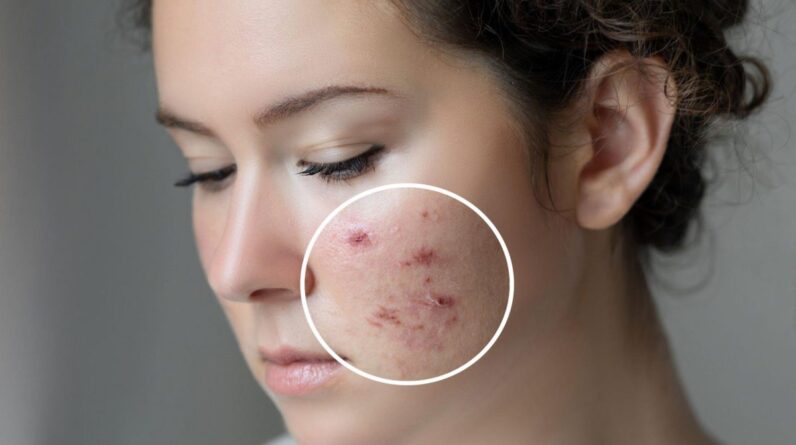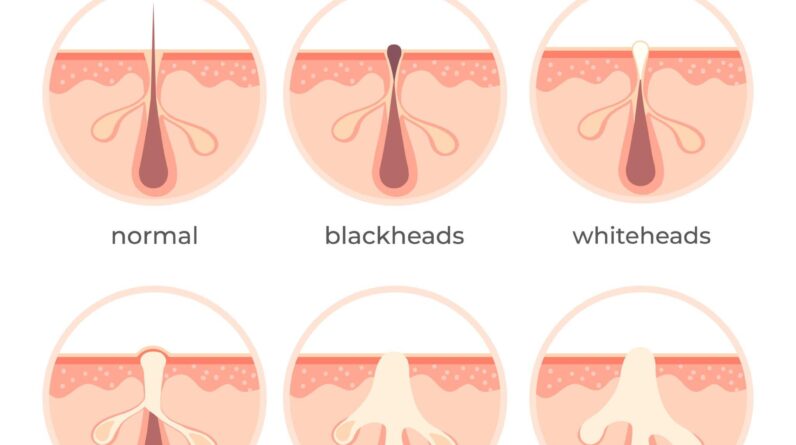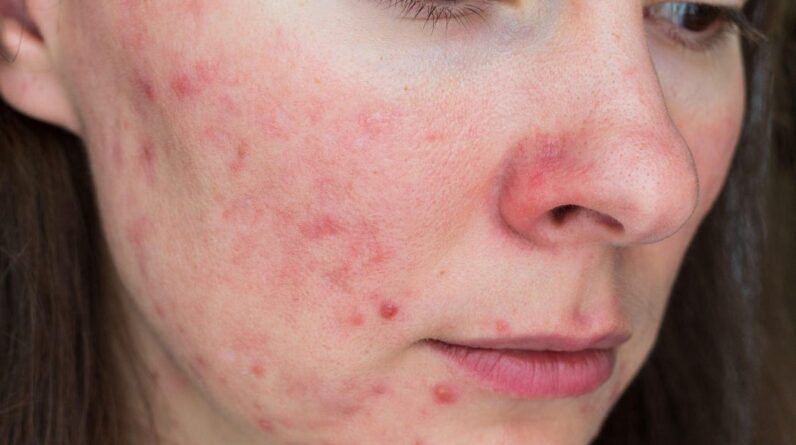
Acne is a common skin condition that affects millions of people worldwide. While it is often associated with adolescence, acne can affect people of all ages. Despite its prevalence, many people do not understand the underlying causes of acne. In this article, we will explore the science behind acne and what you can do to prevent and treat it.
What is Acne?
Acne is a skin condition that occurs when hair follicles become clogged with oil and dead skin cells. This blockage can lead to the formation of pimples, blackheads, whiteheads, and other types of blemishes. Acne typically appears on the face, chest, and back, but it can also occur on other parts of the body.
Acne can range in severity from mild to severe. Mild cases may only produce a few blemishes, while severe cases can cause widespread inflammation and scarring. Acne can also have a significant impact on a person’s self-esteem and quality of life, especially during adolescence.
What Causes Acne?
Acne is caused by a combination of factors, including genetics, hormones, and environmental factors. While everyone’s skin is different, some people are more prone to developing acne than others.
Genetics
One of the primary factors that contribute to acne is genetics. If your parents had acne, you are more likely to develop it too. This is because certain genes can affect how your skin responds to hormones and inflammation.
Hormones
Hormones also play a significant role in the development of acne. During puberty, both boys and girls experience an increase in androgen hormones, which can cause the sebaceous glands in the skin to produce more oil. This excess oil can clog hair follicles, leading to the formation of pimples and other types of blemishes.
Hormonal changes can also occur during the menstrual cycle, pregnancy, and menopause, leading to an increased risk of acne during these times. Hormonal imbalances, such as those caused by certain medical conditions, can also contribute to the development of acne.
Environmental Factors
Environmental factors can also contribute to the development of acne. For example, exposure to certain chemicals and pollutants can irritate the skin and contribute to the formation of blemishes. Additionally, wearing tight clothing or using harsh skin products can also exacerbate acne.
How Can You Prevent Acne?
While some factors that contribute to acne are beyond your control, there are several steps you can take to prevent acne.
Keep Your Skin Clean
One of the simplest ways to prevent acne is to keep your skin clean. This means washing your face twice a day with a gentle cleanser and warm water. Be careful not to scrub your skin too hard, as this can irritate it and cause more blemishes.
Avoid Touching Your Face
Touching your face can transfer oils and bacteria from your hands to your skin, increasing the risk of blemishes. Try to avoid touching your face as much as possible, and be sure to wash your hands regularly.
Eat a Healthy Diet
While diet is not a direct cause of acne, certain foods can exacerbate the condition. For example, consuming a lot of dairy products or high-glycemic-index foods (such as white bread and sugar) can contribute to the development of acne. Eating a healthy, balanced diet can help keep your skin clear and healthy.
How Can You Treat Acne?
If you already have acne, there are several treatments available to help clear your skin. The best treatment for you will depend on the severity of your acne and your skin type.
Over-the-Counter Treatments
Mild cases of acne can often be treated with over-the-counter (OTC) treatments. These products typically contain ingredients such as salicylic acid, benzoyl peroxide, or retinoids, which can help unclog pores and reduce inflammation. OTC treatments come in many forms, including creams, gels, and cleansers.
Prescription Medications
For more severe cases of acne, prescription medications may be necessary. These can include topical or oral antibiotics, hormonal medications (such as birth control pills), and prescription-strength retinoids.
In-office Treatments
In some cases, in-office treatments may be necessary to clear up acne. These can include chemical peels, laser therapy, and corticosteroid injections. Your dermatologist can help determine which treatment is best for you.
Conclusion
Acne is a common skin condition that can have a significant impact on a person’s self-esteem and quality of life. While the underlying causes of acne are complex, there are steps you can take to prevent and treat it. Keeping your skin clean, avoiding touching your face, and eating a healthy diet can all help prevent acne. If you already have acne, over-the-counter treatments, prescription medications, and in-office treatments may all be effective in clearing your skin. Remember, if you are struggling with acne, it is important to consult with a dermatologist who can help determine the best treatment plan for your individual needs.
Read More ?
“Why Do We Get Acne?” by SciShow
Expert: Dr. Ranjit Bhagwat, medical doctor and science communicator



